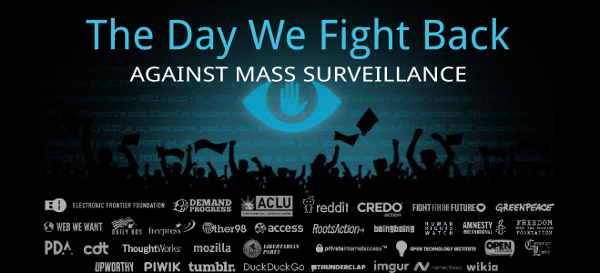Cambridgeshire Police spends nothing on linguists
When work restrictions on Bulgarian and Romanian migrants were relaxed at the start of the year, the usual xenophobic elements of the British media stoked fears that every criminal in eastern Europe would make a beeline for the UK and crime would soar.
Emotive language was (ab)used, with the nation being told Bulgarians and Romanians would ‘flood’ into the country and dear old Blighty would be ‘swamped’ and similar such tosh.
If crime had increased due to Bulgarian and Romanian migrants, this would have resulted in a massive rise in the criminal justice system’s use of linguists, as suspects and defendants are entitled to understand and follow the proceedings in their mother tongue.
However, this surge in the use of East European linguists hasn’t actually happened.
Indeed in response to Freedom of Information (FoI) Act queries, Cambridgeshire Police has revealed its spending on services for Bulgarian and Romanian linguists has actually declined, as revealed by the Cambridge News:
Data has revealed the force spent just £9.10 on Bulgarian and £1,357.84 on Romanian translators in January last year when the restrictions were in place.
But after they were lifted at the start of the year, the force spent zero pence on translators for the two languages.
Hat tip: Katya Ford
 It was announced a few days ago that future versions of the open source Firefox browser could show advertising in freshly opened browser tabs (
It was announced a few days ago that future versions of the open source Firefox browser could show advertising in freshly opened browser tabs (


 I’m declaring my love here online: I love free software.
I’m declaring my love here online: I love free software.




